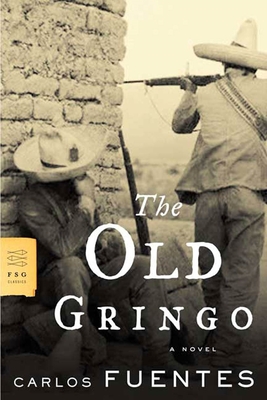
description
0
Sharma Shields' The Cassandra follows a woman who goes to work in a top secret research facility during World War II, only to be tormented by visions of what the mission will mean for humankind.
Mildred Groves is an unusual young woman. Gifted and cursed with the ability to see the future, Mildred runs away from home to become a secretary at the Hanford Research Center in the early 1940s. Hanford, a construction camp in remote South Central Washington, exists to test and manufacture a mysterious product that will aid the war effort. Only the top generals and scientists know that this product is processed plutonium, for use in the first atomic bombs. Mildred is delighted to be part of a communal effort after a lifetime spent as an outsider. But her new life takes a dark turn when she starts to have prophetic dreams. As the men she works for come closer to achieving their goals, her visions intensify, and she is forced to make a choice: to do nothing, or to summon the courage to question the status quo. This reimagining of the Greek Cassandra myth is based on a real World War II compound that the author researched meticulously. A timely novel about patriarchy and militancy, The Cassandra looks deep into man's capacity for destruction, and the resolve and compassion it takes to challenge the powerful.member goods
No member items were found under this heading.
Return Policy
All sales are final
Shipping
No special shipping considerations available.
Shipping fees determined at checkout.







